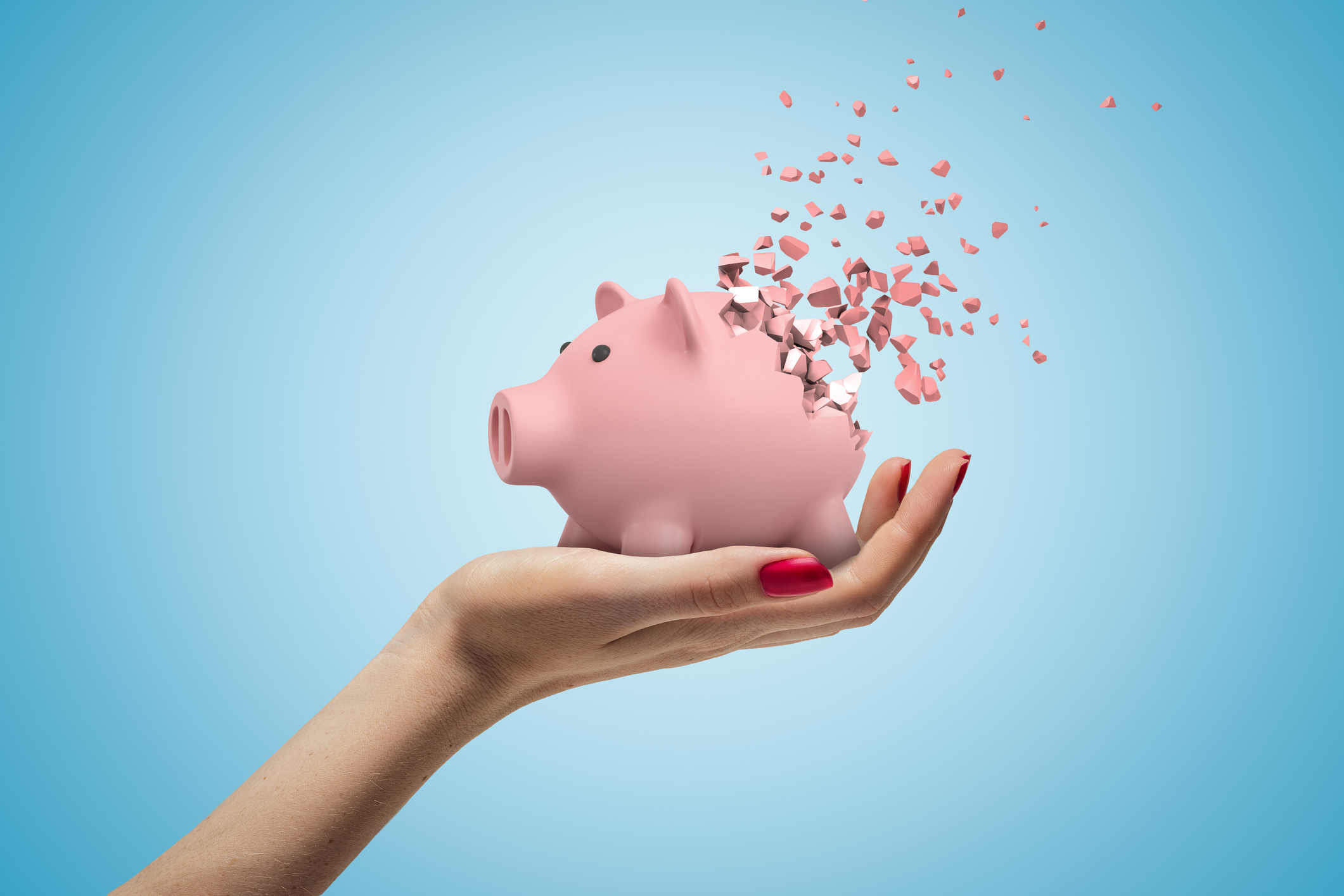How to Build Credit in Your 20s: Follow These Steps!

It's never too early to start thinking about your credit score. In fact, the earlier you start, the better! Building credit in your 20s is a great way to lay the foundation for a strong financial future. If you're not sure where to start, don't worry! We've got you covered. In this blog post, we will discuss how to build credit in your 20s and provide some tips that will help you get started.
Why You Should Start Building Credit Early
Credit is important for a number of reasons. It can help you get approved for loans, mortgages, and other types of financing. It can also affect your insurance rates and even your employment prospects. In short, credit is an important part of life. That's why it's important to start building credit early. The sooner you start, the better your credit score will be. And the better your credit score, the more opportunities will be available to you. So don't wait - start building your credit today!
Pay Your Bills On Time
One of the most important things you can do to maintain a good credit score is to pay your bills on time. This includes both large bills like mortgages and car loans, as well as smaller ones like credit card and utility payments. When you make timely payments, it shows lenders that you are a responsible borrower and helps to build up your credit history. Additionally, paying your bills on time can help you avoid late fees and other penalties, which can further damage your credit score. If you are having trouble staying on top of your bills, there are a number of resources available to help you get back on track. By making a commitment to pay your bills on time, you can take an important step towards maintaining a healthy credit score.
Get a Credit Card For Beginners
A credit card can be a great tool for building up your credit score. If you're new to the world of credit, getting a credit card for beginners can help you get started on the right track. When used responsibly, a credit card can help you build up your payment history, which is one of the key factors that lenders look at when considering your loan applications. Additionally, using a credit card can help you develop a good credit utilization ratio, which is another important factor in your credit score. Of course, it's important to use your credit card wisely and not spend more than you can afford to pay back. If you're careful with your spending and make your payments on time, getting a credit card can be an excellent way to build up your credit score.
Keep Your Credit Utilization Low
Credit utilization is one of the biggest factors that make up your credit score. So, what is credit utilization? It's basically the amount of debt you carry compared to the amount of credit you're using. For example, let's say you have two credit cards with a combined credit limit of $5,000. One has a balance of $1,000 and the other has a balance of $500. Your credit utilization would be 20% since you're using $1,500 of your total $5,000 in credit. The lower your utilization, the better for your score. A good rule of thumb is to keep your utilization below 30%. But if you can keep it below 10%, that's even better! Keeping your utilization low is an easy way to give your credit score a boost. So if you're looking to build up your credit score quickly, make sure to keep your credit utilization low.
Become an Authorized User
Assuming you're not already an authorized user on someone else's credit card, one way to build up your credit score early is to become an authorized user. This means that you are added to an existing credit card account as a secondary user. As a result, you'll have access to the account's credit limit, but you won't be responsible for making payments. Instead, the primary cardholder will be responsible for making all of the payments. Although becoming an authorized user is a great way to build up your credit score, it's important to remember that you're still responsible for any expenses that you charge to the account. So if you're not careful, you could end up costing the primary cardholder a lot of money.
Consider a Credit-Builder Loan
A credit-builder loan is a great way to start building up your credit score. This type of loan allows you to borrow a small amount of money and then make regular payments over a period of time. As you make your payments on time, you will begin to build up a positive credit history, which will help to improve your credit score. In addition, the act of borrowing and repaying money on time can help to show potential lenders that you are a responsible borrower. As a result, a credit-builder loan can be an excellent tool for anyone who is looking to improve their credit score.
Keep Tabs On Your Credit Report
A credit report is a record of your credit history that includes information about your borrowing and repayment habits. Your credit score is a three-digit number that represents your creditworthiness. It is important to keep tabs on your credit report as a way to build up your credit score early. There are a few things you can do to help improve your credit score, such as paying your bills on time, maintaining a good credit history, and keeping your balances low. By monitoring your credit report, you can catch any errors or signs of identity theft early on. Additionally, monitoring your credit report can help you see improvement over time as you work to build up your credit score. Checking your credit report regularly is an important part of maintaining good financial health.



